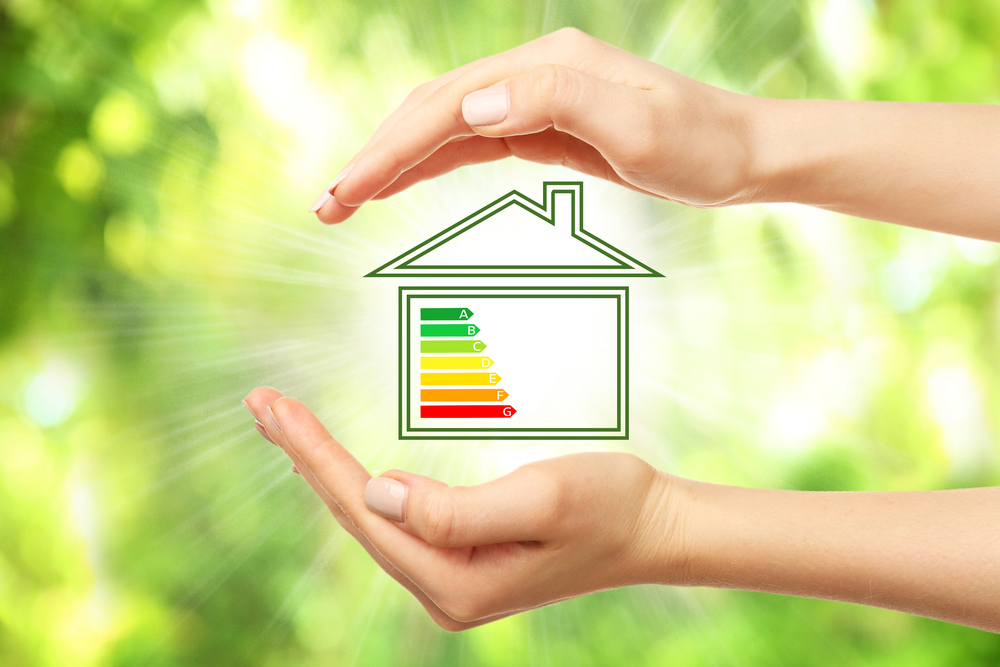As concerns about climate change and rising energy costs grow, creating energy efficient homes is not just an environmental necessity but also a financial benefit. By implementing a few changes, you can reduce your energy consumption, lower your utility bills, and contribute to a healthier planet. Energy efficient homes offer the perfect balance of comfort and sustainability, making them an attractive option for homeowners looking to make a positive impact.
One of the most impactful changes you can make is improving your home’s insulation. Proper insulation ensures that your home stays warm in the winter and cool in the summer, reducing the need for excessive heating or air conditioning. Insulating your walls, attic, and roof can significantly lower energy loss. Additionally, sealing any gaps or cracks around windows and doors with weather stripping or caulking will prevent drafts and further improve your home’s efficiency.
Improve Insulation
One of the most effective ways to boost your home’s energy efficiency is by improving insulation. Proper insulation helps maintain a consistent indoor temperature, reducing the need for heating in the winter and cooling in the summer. Focus on insulating your walls, attic, and roof, as these areas are where most heat loss occurs. Additionally, sealing any gaps or cracks around windows and doors with weather stripping or caulking can prevent drafts, further enhancing your home’s efficiency.
Upgrade to Energy-Efficient Windows
Windows are a common source of energy loss in many homes. Upgrading to energy-efficient windows can make a significant difference. Double or triple-glazed windows provide better insulation by reducing heat transfer. Low-emissivity (Low-E) coatings on windows can also help by reflecting heat back into the room during winter while keeping it out during summer. These upgrades not only improve comfort but also lower your heating and cooling costs.
Install a Programmable Thermostat
A programmable thermostat allows you to control the temperature in your home more efficiently. By setting the thermostat to lower temperatures when you’re away or asleep and raising it when you’re home, you can reduce energy waste. Some smart thermostats can even learn your schedule and adjust temperatures automatically, optimizing energy use without sacrificing comfort.
Switch to Energy-Efficient Lighting
Lighting accounts for a significant portion of a home’s energy use. Switching to energy-efficient lighting, such as LED bulbs, can drastically reduce energy consumption. LED bulbs use up to 80% less energy than traditional incandescent bulbs and last much longer. Consider using dimmer switches and motion sensors to further reduce energy use in areas where full lighting isn’t always necessary.
Invest in Energy-Efficient Appliances
When it’s time to replace old appliances, consider investing in energy-efficient models. Look for appliances with the ENERGY STAR label, which indicates they meet or exceed energy efficiency standards. Energy-efficient refrigerators, washing machines, dishwashers, and other appliances use less electricity and water, leading to substantial savings over time.
Optimize Your Water Heating System
Water heating is one of the largest energy expenses in a home. To make your water heating system more efficient, consider lowering the thermostat on your water heater to 120°F (49°C). Insulating your water heater and the first few feet of hot water pipes can also reduce heat loss. If your water heater is old, upgrading to a high-efficiency model, such as a tankless or solar water heater, can further cut energy use.
Consider Renewable Energy Sources
Incorporating renewable energy sources, such as solar panels, can significantly reduce your reliance on traditional energy sources. While the initial investment can be substantial, the long-term savings and environmental benefits are worth considering. Many governments offer incentives or rebates for installing renewable energy systems, making them more affordable.
Perform Regular Maintenance
Regular maintenance of your home’s systems and appliances can prevent energy waste. For example, cleaning or replacing HVAC filters regularly ensures your heating and cooling systems run efficiently. Checking for leaks in ductwork, sealing gaps, and servicing appliances can all contribute to better energy efficiency.
Making your home energy efficient doesn’t have to be overwhelming. By taking these steps, you can reduce your energy consumption, lower your utility bills, and contribute to a more sustainable future. Each small change adds up, making a big difference in the long run.

